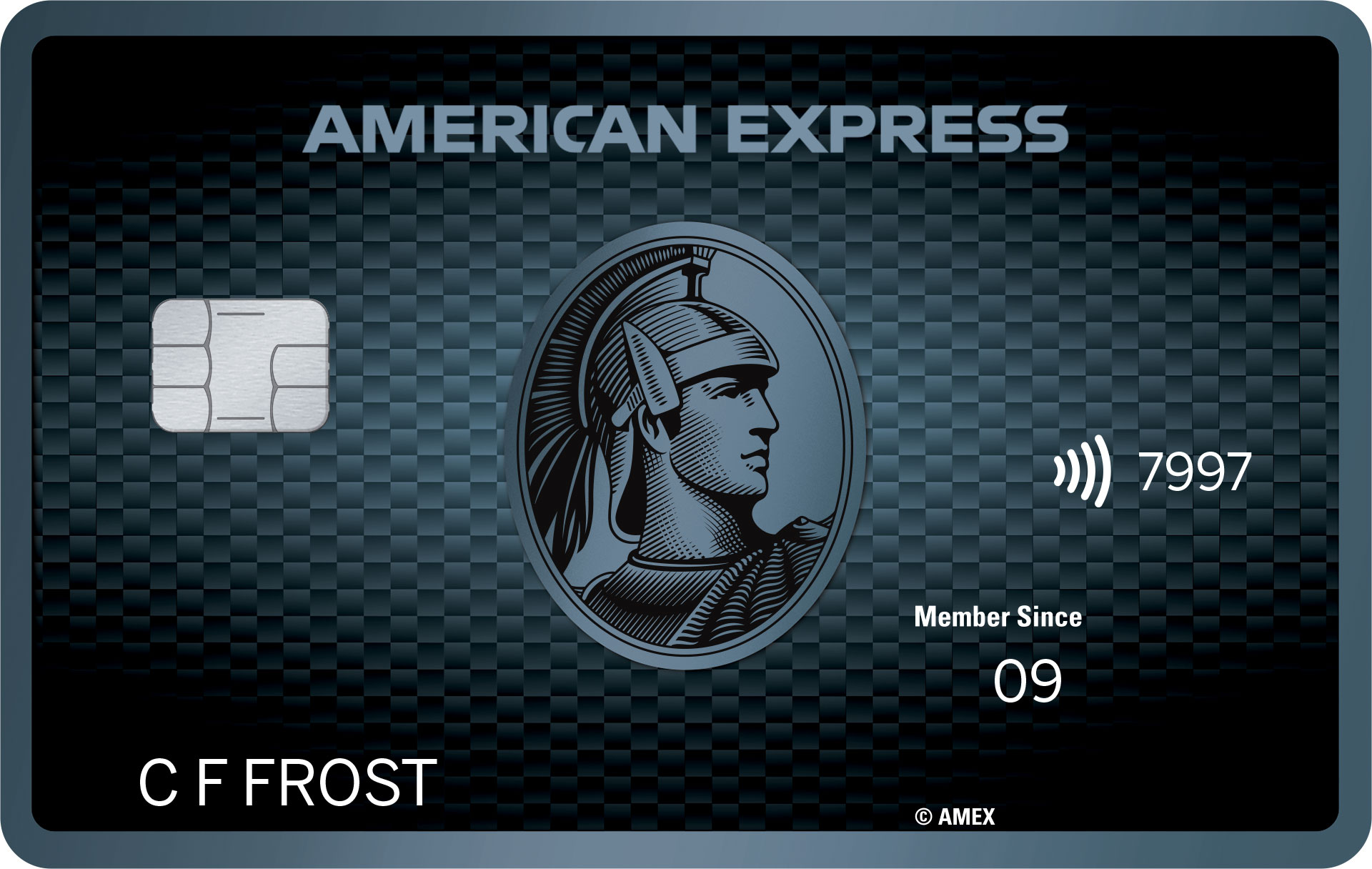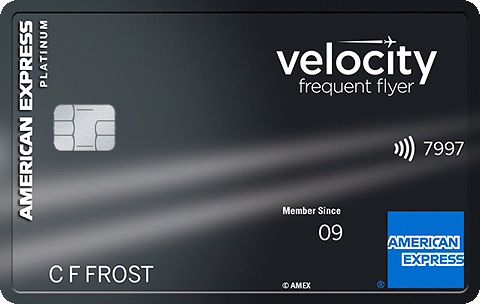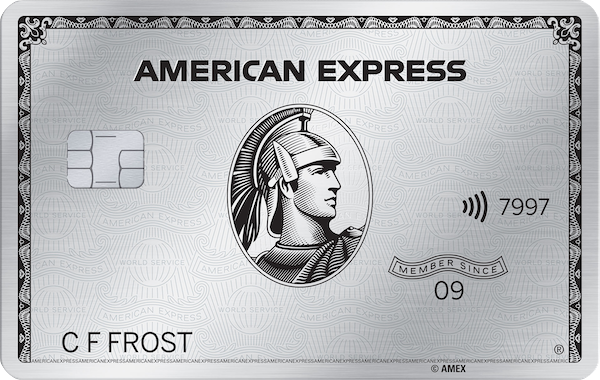
Many Australian credit cards come with complimentary international travel insurance. This can be a handy benefit if you’re travelling overseas as you can save quite a lot of money on travel insurance… if the policy suits your needs.
Banks purchase insurance policies for their credit card customers in bulk from third-party insurers. These policies are designed to meet the basic needs of most travellers, but they are one-size-fits-all by nature.
Not all policies are the same – each comes with different benefits, exclusions and activation requirements. They may or may not cover everything that you need to be protected during your overseas travel.
Before relying on credit card insurance, it’s very important that you read the terms & conditions or Product Disclosure Statement (PDS) carefully. You need to ensure you’re covered for the places you’re going and the activities you’ll be doing.
In this guide, we compare the international travel insurance offered with the premium personal credit cards of the major Australian card issuers.
Contents
Overview of Australian credit card travel insurance coverage
The maximum trip duration that credit card travel insurance will cover ranges from 30 consecutive days to a whole year. There are also differences in the age limits, activation requirements and coverage offered.
The table below gives an overview of the overseas travel insurance coverage provided with the premium personal credit cards of the major Australian banks. Note that not all credit cards issued by these banks offer travel insurance.
Tip: If you’re viewing this table on a mobile device, try rotating the screen horizontally for a better experience.
| Card issuer | Insurance underwriter | Maximum return trip duration | Age limit (inclusive) | Cover for COVID-19? |
|---|---|---|---|---|
| American Express | Chubb | 180 days | 79 | Yes |
| ANZ | Allianz | 6 months (3 months from 7 June 2024) | 80 | Yes |
| Bankwest | Cover-More/Zurich | 31 days (Gold/Platinum) or 6 months (World) | 79 | Yes |
| Bendigo Bank | Allianz | 90 days | 75 | Yes |
| Citibank | Allianz | 6 months (Prestige/Premier) or 3 months (Rewards) | 79 | Yes |
| CommBank | Cover-More/Zurich | 12 months (Diamond/Smart/Ultimate) or 3 months (Gold/Platinum) | 79 (upgrades available for 80+) | Partial |
| HSBC | Allianz | 4 months | – | Yes |
| NAB | Allianz | 180 days (Signature) or 90 days (other cards) | 80 | Yes |
| Qantas Money | Chubb | 30 days | 79 | Yes |
| St.George | Allianz | 6 months (Signature) or 3 months (Platinum) | 80 | Yes |
| Westpac | Allianz | 6 months (Black) or 3 months (Platinum) | 80 | Yes |
All of the insurance policies in the table above will also reimburse you for lost frequent flyer points.
Our Favourite American Express Cards
- Card Name
- American Express Explorer Credit Card
- Earn
- 2
- Signup Bonus
-
100,000 bonus Membership Rewards Points¹
Apply by 2nd Dec 2025
- Annual Fee
- $395 p.a.
- Read more
- View Offer

on everyday purchases
- Card Name
- American Express Velocity Platinum
- Earn
- 1.25
- Signup Bonus
-
60,000 bonus Velocity Points*
Apply by 12th Aug 2025
- Annual Fee
- $440 p.a.
- Read more
- View Offer

on everyday purchases
- Card Name
- American Express Platinum Card
- Earn
- 2.25
- Signup Bonus
-
Receive 200,000 bonus Membership Rewards Points¹
Apply by 8th Jul 2025
- Annual Fee
- $1,450 p.a.
- Read more
- View Offer

on everyday purchases
How to activate your credit card travel insurance
It’s important to make sure that your policy is active before you depart on your trip.
Bankwest automatically insures its cardholders, with no activation required. CommBank customers need to manually activate the cover before commencing each trip. Most other banks require you to spend a minimum amount on your card towards your trip, in order to be covered.

Here’s an overview of what each of the major card issuers require you to do:
| Card issuer | How to activate the international travel insurance |
|---|---|
| American Express | Pay for your outbound flight or cruise with your Amex card (or using an Amex travel credit, Amex Membership Rewards points earned on your card or a frequent flyer program that’s linked to your Amex card) |
| ANZ | Spend at least $250 on prepaid travel expenses with your ANZ card |
| Bankwest | No activation required – cover applies automatically |
| Bendigo Bank | Spend at least $500 on prepaid travel expenses with your Bendigo Bank card |
| Citibank | Spend at least $500 on your Citibank card (or at least 15,000 points accrued via your Citibank credit card) on prepaid travel expenses |
| CommBank | Manual activation required, with no minimum spend (note: from 7 February 2024, a $500 minimum prepaid travel spend on the CommBank card will apply) |
| HSBC | Spend at least $500 on prepaid travel expenses with your HSBC card |
| NAB | Spend at least $500 on prepaid travel expenses with your NAB card |
| Qantas Money | Pay the full amount for your return flight or cruise using your Qantas Money credit card (or Qantas points earned on your Qantas Money card) |
| St.George | Spend at least $500 on prepaid travel expenses with your St.George card |
| Westpac | Spend at least $500 on prepaid travel expenses with your Westpac card |
International travel insurance through credit cards is generally only available if you:
- Are an Australian resident,
- Have a return ticket back to Australia at the time of departure, and
- Intend to return home at the end of your trip.
Please check with your bank and check your policy’s terms & conditions for full details.

Pre-existing medical conditions
Credit card insurance policies do not automatically include coverage for many pre-existing medical conditions. There are exceptions for common ailments, so check your bank’s terms & conditions.
If you have medical conditions that are not automatically covered, some insurers will let you pay an “assessment fee” to declare additional pre-existing conditions. This fee is typically around $75 and is usually refunded if the insurer refuses to cover the condition/s you’ve declared.
If you’re travelling overseas regularly and you have pre-existing medical conditions, it may work out cheaper just to purchase an annual multi-trip travel insurance policy. Those assessment fees can add up over time.
Purchasing a separate policy also makes it easier to tailor the coverage to your personal needs. That way, you can choose travel insurance that’s the best fit for you – rather than one your bank picked off the shelf.
Don’t travel overseas without insurance
The last thing you want is to travel overseas without at least some form of adequate travel insurance.
Ultimately, if you’ve read the PDS, have activated your policy and are happy with the coverage, there is nothing inherently wrong with credit card insurance. But, as we’ve seen time and time again, travelling overseas without proper insurance can have disastrous consequences.
If you’re not sure whether your credit card’s travel insurance is sufficient, it may be a good idea to purchase a separate travel insurance policy for your trip.
Frequently asked questions (FAQs)
Many premium credit cards in Australia offer complimentary international travel insurance to cardholders, including cards offered by American Express, CommBank, NAB, Westpac, Citibank, HSBC, Bankwest and St.George. Check with your bank to see which cards provide this benefit and to read the Product Disclosure Statement (PDS).
Some credit card travel insurance policies will also cover the primary cardholder’s spouse and children if they are travelling together. However, the benefits vary between policies. Check the terms & conditions for your card’s insurance policy for details.
To ensure you receive international travel insurance cover, most credit cards require you to spend a minimum amount on prepaid travel expenses towards your trip (e.g. flights, accommodation, cruise or tour expenses) on your card before you leave Australia. This amount is $250 for ANZ credit cards and $500 for Westpac, St.George, NAB, Citibank, HSBC and CommBank. You must also be an Australian resident and hold a return ticket back to Australia before departing for your trip.
Credit card travel insurance policies are one-size-fits-all in nature, and may or may not meet your personal needs. If in doubt, it could be a good idea to purchase a separate travel insurance policy to ensure you are properly protected for the places you’re going and the activities you’ll be doing.
Many credit card travel insurance policies exclude cover for certain pre-existing medical conditions, but there are exceptions for some common ailments. With some insurance, you could be covered for additional pre-existing medical conditions as long as you declare them in advance. There may be additional fees applicable.
You can use the complimentary insurance that comes with your credit card as long as you are below the age limit and have booked an eligible trip. You may need to apply separately for coverage of any pre-existing medical conditions. Also see our guide to applying for credit cards after retiring.
This article provides general information only and is not financial advice. While we try to ensure all information provided is accurate at the time of writing, we cannot completely guarantee its accuracy.















































































Community Comments
Loading new replies...
Join the full discussion at the Australian Frequent Flyer →